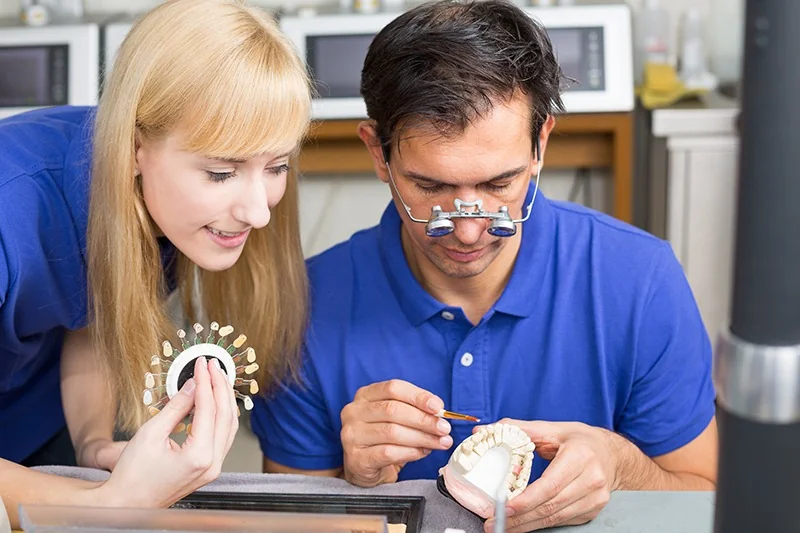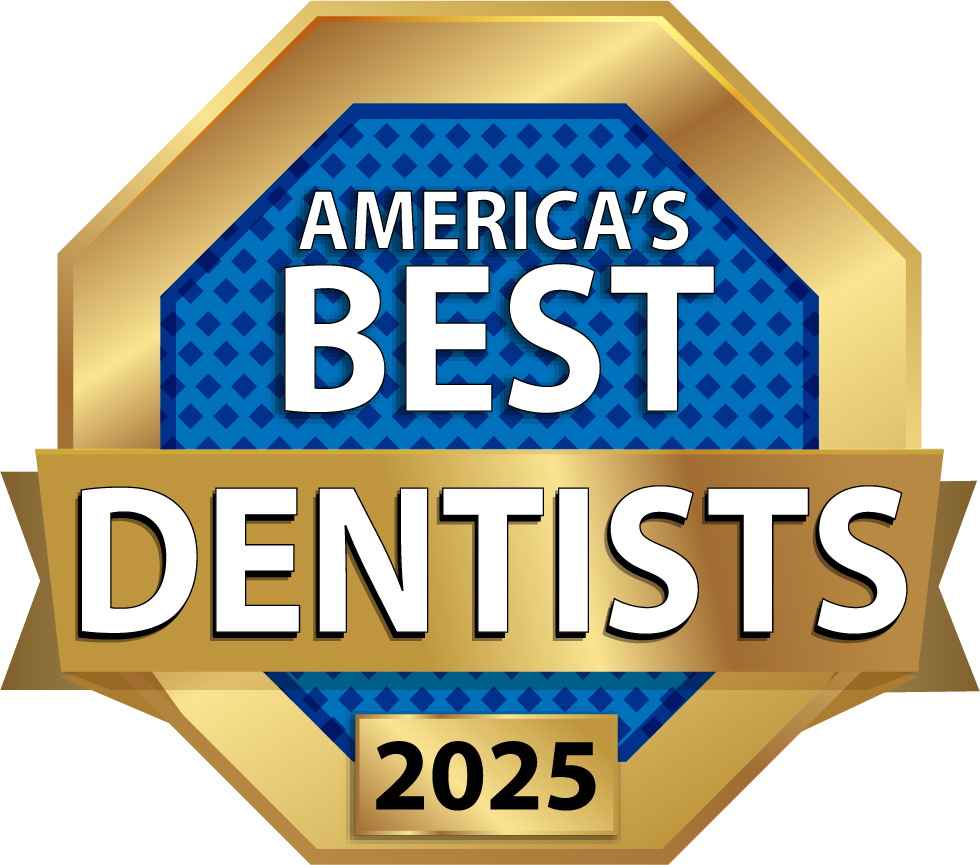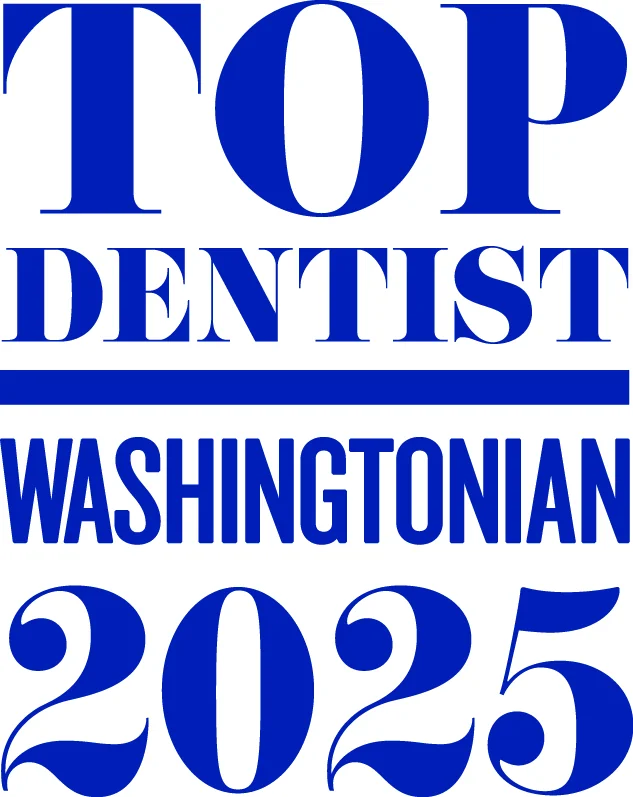
Dental crowns, or caps, are one of the most common restorative dental procedures that dentists perform. If you’ve been told you need a crown, there’s no reason to worry. Dental crowns allow us to restore your smile both functionally & aesthetically, & modern techniques mean we can complete the procedure faster than in the past.
First, let’s review the anatomy of a tooth. Each tooth comprises two parts: a crown, which is the visible part outside your gums, & a root or roots, which are embedded in your gums & jaw bone. Sometimes when you hear a dentist say the word crown, they’re referring to the visible part of your tooth, & other times they may be talking about an artificial crown that is used to repair a tooth.
Most of the time, when your tooth is damaged by decay or an accident, a filling or bonding is all that you’ll need to restore your tooth. However, sometimes tooth decay or damage is extensive enough that the dentist will recommend replacing the entire outer structure of your tooth. This restoration is what we call a crown (also commonly called a cap).
The dentist will start by removing some of the outer structure of your tooth. Then, they will attach the crown using a permanent adhesive cement. This crown will have been made ahead of time to match the shape, size & even the color of your tooth.
In the past, the only option for dental crowns was a metal restoration, made from precious metal, semi-precious metal, or a metal alloy. These days, however, dental materials technology has advanced to the point that there are several kinds of tooth-colored crown materials available. Most of these crown materials are some kind of porcelain, which can be made to resemble tooth enamel both in color, texture & the way it reflects light.
Commonly, these modern tooth-colored crowns will be manufactured by a dental laboratory that your dentist works closely with. The dentist will match the crown to the color of your tooth using a guide, then pass this information on to a laboratory technician, who handcrafts your custom crown.
Alternatively, modern 3-D scanning & milling technology has allowed dentists to bring this process in-office. Instead of sending information to a lab & having them send back a custom crown, computerized scanner & computer-controlled milling machines located right in the office can carry out this process. The use of this state-of-the-art technology means that dental crowns can be created & placed in your mouth much faster than ever before.
If you’ve been told you need a dental crown, keep in mind that because there are many types of materials available to make crowns, you can have some control over the price of your tooth restoration. However, we must emphasize that your dentist will always encourage an option that returns your tooth to the function & appearance of your original tooth. When cared for using a standard dental hygiene routine of brushing, flossing & 6-month checkups, a crown is expected to last a lifetime.
Family Safety Comes First
We maintain the highest standards of sterilization & patient safety in order to safeguard your health.
Digital X-Rays Are Safer
Digital x-rays are computer-generated images that require up to 90% less radiation than conventional film-type x-rays.
Want To Improve The Look of Your Smile With Less Hassle?
Lumineers® Porcelain Veneers are the no-prep solution for your cosmetic dentistry needs!
Ready to Schedule Your Appointment?
At Hillandale Smiles, we have convenient hours that won’t make you miss work or school.
Address & Phone
We are located on Elton Road off New Hampshire Avenue, behind the Hillandale Shopping Center.
301-768-4667

Hours
- Monday: 7:30am-7:00pm
- Tuesday: 7:30am-5:00pm
- Wednesday: 7:30am-7:00pm
- Thursday: 7:30am-7:00pm
- Friday: 7:30am-5:00pm
- Monday: 7:30am-7:00pm
- Tuesday: 7:30am-5:00pm
- Wednesday: 7:30am-7:00pm
- Thursday: 7:30am-7:00pm
- Friday: 7:30am-5:00pm
About Us
At Hillandale Smiles, our team is dedicated to providing a comfortable & trusted dental experience. We know our patients have busy schedules, so we provide holistic & comprehensive children’s care, adult care, specialty care & cosmetic care all in one convenient location with your individualized needs in mind. From preventive care to smile restorations, the team at Hillandale Smiles is committed to providing the highest quality care for a lifetime of healthy smiles.

